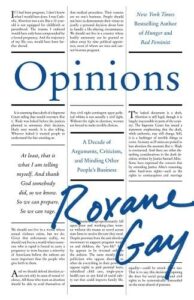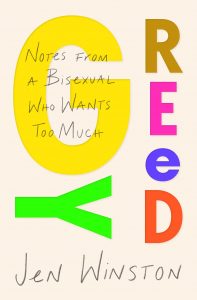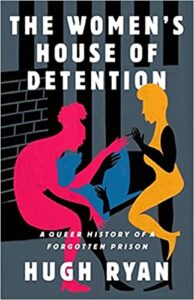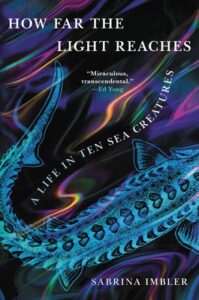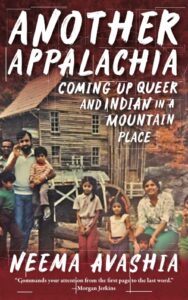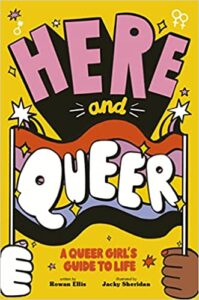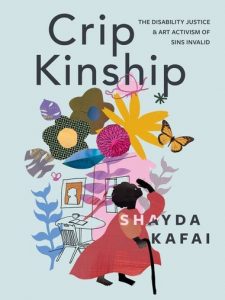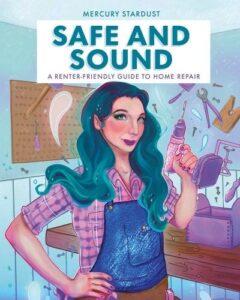
Buy this from Bookshop.org to support local bookstores and the Lesbrary!
I’ve been following Mercury Stardust, aka the “Trans Handy Ma’am” on Instagram for a while now to get my fix of approachable, around-the-house repair tips with an added bonus of corny dad jokes. Recently she released a complete guide for DIYers of all levels, specifically geared toward renters, and it’s a gem. Admittedly I haven’t really invested much in home repair books; having the magic of the internet, I typically just look up a video if I need to fix something around the house. The beauty of their book is that you get the best of both worlds. A bit of a handy reference book that has plenty of QR codes sprinkled throughout each section so you get a thorough explanation in text, the tools you need for the job, as well as a portal to a video for those of us who learn better with a visual demonstration.
But before you run off in search of your left handed hammer, let’s take a beat and discuss some of what makes this book so special. Written by an industry professional, someone who has been a maintenance tech for years and knows how apartment complexes and landlords operate, the book provides lots of practical advice. There are plenty of nuts and bolts when it comes to maintenance, from a simple tightening of a loose door handle or how to hang a picture without damaging the wall, to weather stripping and outlet replacement. We also get the kind of direction our parents should have given us but totally didn’t—like how to budget for rent, and don’t forget to read the lease, kids!
Now I don’t know how many home repair books exist that suggest taking a break and acknowledging your feelings. That section seems to be omitted in the Black and Decker guide to home repair, which has 2000 photos, but no one to sit you down and tell you “hey, this sh*t is stressful, maybe eat a Snickers and take a deep breath.” But this is *queer* home repair, so we will be processing some emotions and *not* operating power tools while hangry.
While plenty of DIY books and websites explain how to fix your house, not many tell you how to make it a home. And home is a word that is not just on the front cover, but appears many times throughout the book. You might be renting, but it’s still your home, your safe space. There are sections on how to match paint and snake a sink, but also ones to make you think about how many points of entry you have to your building, and how to pack a go bag for emergencies. How to ask for help before taking matters into your own hands, and what to do if that request is ignored by your landlord. This book should be on everyone’s holiday gift list this year, whether you rent or own, whether you’re getting your first place or have owned for years.

